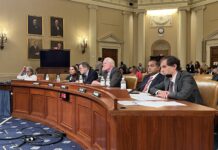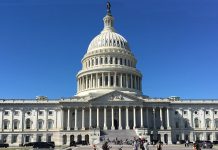The 21st Century Cures Act instructed the Centers for Medicare & Medicaid Services (CMS) to hold-off on enforcement of physician supervision requirements for outpatient therapeutic services in critical access hospitals (CAHs) and small rural hospitals through 2016, while also mandating that, by Dec. 13 MedPAC submit to Congress a report analyzing the effects of the enforcement instruction on hospitals.
In its report, MedPAC urged CMS “to further clarify how the agency defines ‘immediately available’ and ‘interruptible’ in the direct supervision requirement for outpatient therapeutic services.” MedPAC also recommended CMS provide the maximum time required for a physician to arrive on site if needed during the therapeutic service and to consider if utilizing telehealth during the delivery of therapeutic services if clinically appropriate for specific services. It was also recommended to consider seeking statutory changes to more broadly implement telehealth as it may help small rural hospitals and CAHs comply with the supervision requirements.
Prior to the passage of the Cures Act, CMS restated that the agency’s then-current policy for outpatient therapeutic services must be directly supervised by an appropriate physician or non-physician practitioner (NPP). Over the years, CMS has added flexibility to and partially clarified the definition of direct supervision – for example, adding that emergency department (ED) physicians can provide direct supervision if they are “interruptible.”
SDAHO has joined with others to express our ongoing concern that small rural hospitals and CAHs have insufficient staff available to furnish direct supervision and that they have difficulty recruiting physicians and NPPs to practice in rural areas.






